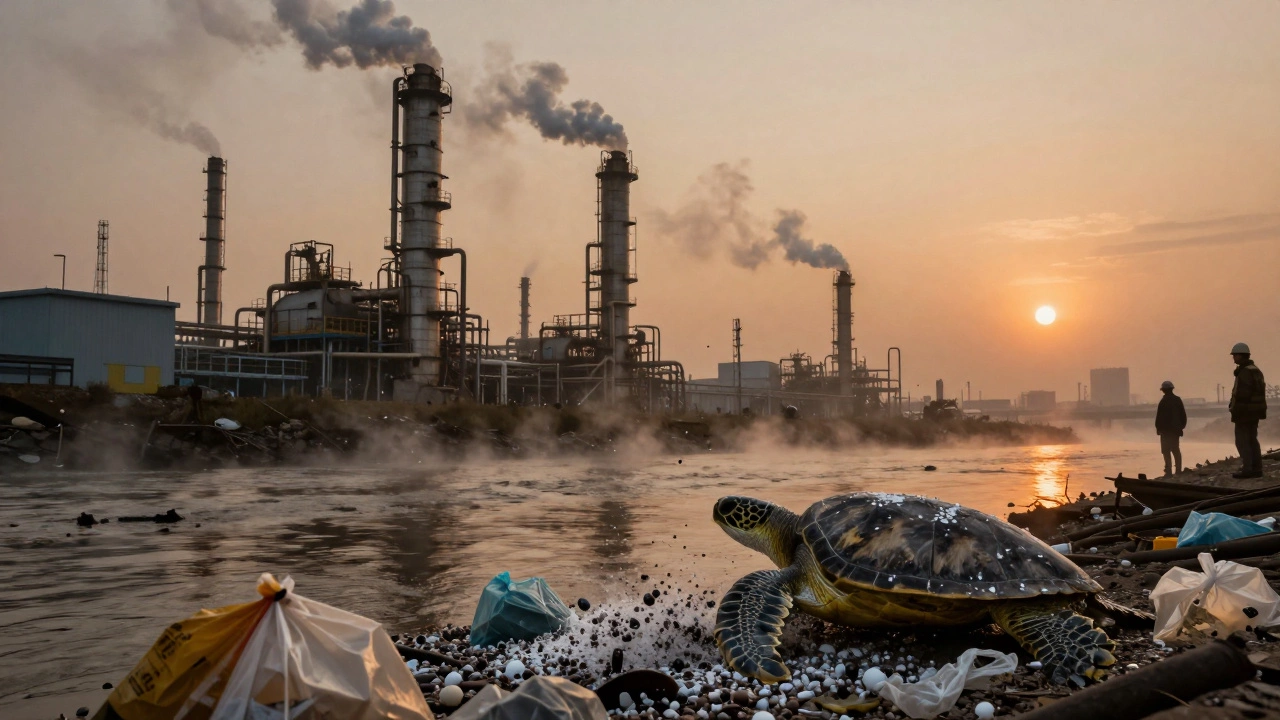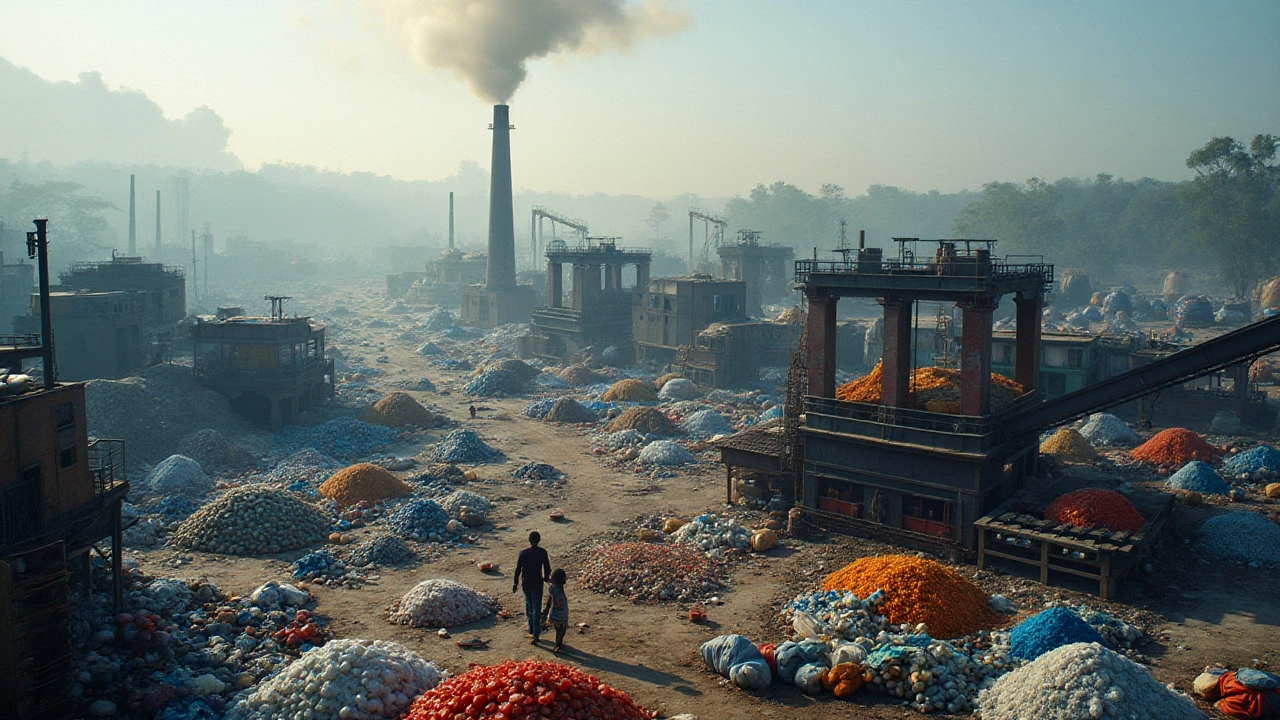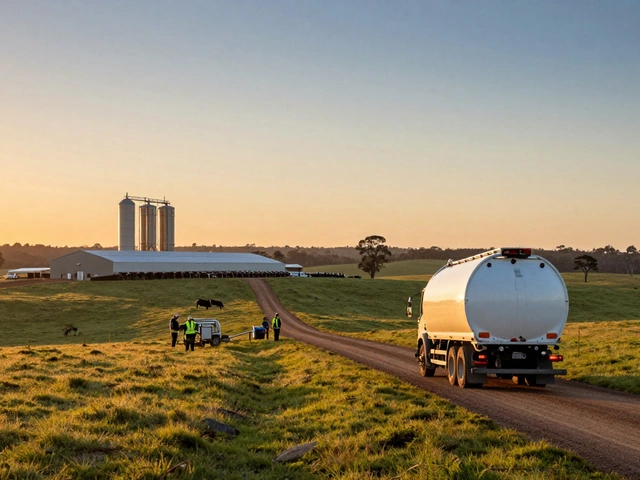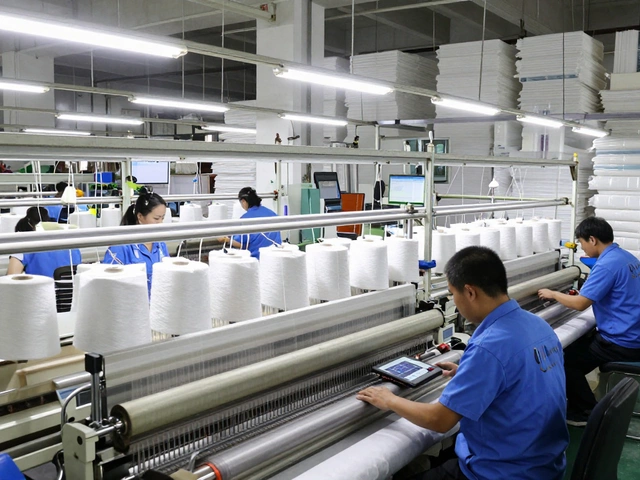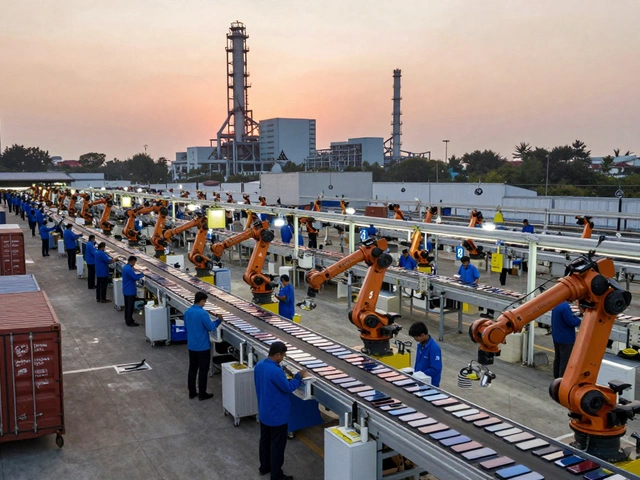Plastic Manufacturing Companies in India – Your Quick Guide
Looking for a plastic manufacturer that can turn your idea into real parts? You’re in the right place. India hosts hundreds of factories that work with everything from PET bottles to custom engineered components. The key is to separate the ones that just churn out volume from those that actually understand quality, lead times, and cost control. Below you’ll find the basics you need to start the conversation with a supplier.
BK Allied Manufacturing India has been mapping the landscape for years. We track which plants have ISO certifications, which invest in automation, and which have a solid track record of on‑time delivery. Our own network of engineers can help you audit a factory’s capability before you sign a contract, saving you time and money. If you’ve never dealt with a plastic maker before, think of us as your shortcut to the best‑in‑class partners.
What to Look for in a Plastic Manufacturer
First, check the material portfolio. Does the plant handle the resin you need—be it HDPE, PP, ABS, or specialty grades? Next, ask about their tooling options. In‑house mold making can cut lead times dramatically, while a vendor that outsources every mold may add weeks to your schedule. Don’t forget to verify quality systems: ISO 9001, IS 16348, or any other relevant standards. Finally, request a sample run. A low‑volume prototype will reveal if the factory can meet your tolerances, surface finish, and cycle time expectations.
Trends Shaping the Indian Plastic Industry
Sustainability is no longer a buzzword; it’s a requirement. More manufacturers are installing recycling loops, using bio‑based polymers, and adopting energy‑efficient injection molding machines. Digital twins and real‑time monitoring are also becoming common, giving customers live visibility into production. Keep an eye on companies that talk openly about their green initiatives—those are usually the ones investing in long‑term stability.
Another trend is the rise of short‑run, high‑mix production. With e‑commerce and customization on the rise, many Indian plants now offer flexible batch sizes without huge price penalties. This means you can test market demand with small orders before scaling up, a huge advantage for startups and niche brands.
Ready to move forward? Start by gathering a shortlist of three to five manufacturers that meet your material and quality criteria. Reach out with a clear brief: part design files, expected volume, target cost, and required certifications. Ask for a detailed quote that breaks down tooling, material, labor, and any ancillary fees. Review the supplier’s response time—fast, clear communication is a good indicator of project management skill.
Finally, create a quick checklist to compare offers: material compatibility, tooling ownership, lead time, cost per unit, quality certifications, and sustainability practices. Tick off each item as you talk to the factories. The company that scores highest across the board is likely your best bet. And remember, a solid partnership doesn’t end at the first order; look for a manufacturer that offers continuous improvement support and can grow with your business.
Who is really to blame for plastic pollution? The role of plastic manufacturing companies
Plastic pollution isn't caused by consumers-it's designed by corporations. The top plastic manufacturing companies profit from single-use plastic while shifting blame onto the public. Here's who's really responsible.
Read MoreTop Plastic Producers in the World: Unveiling the Giants of Plastic Manufacturing
Plastics have become an essential part of our daily life yet they pose significant environmental challenges. This article explores the leading plastic manufacturing companies contributing most to global plastic production. Discover which companies are at the forefront of this industry, and how they impact both the economy and the environment. It also delves into innovative practices being adopted to reduce plastic pollution.
Read More